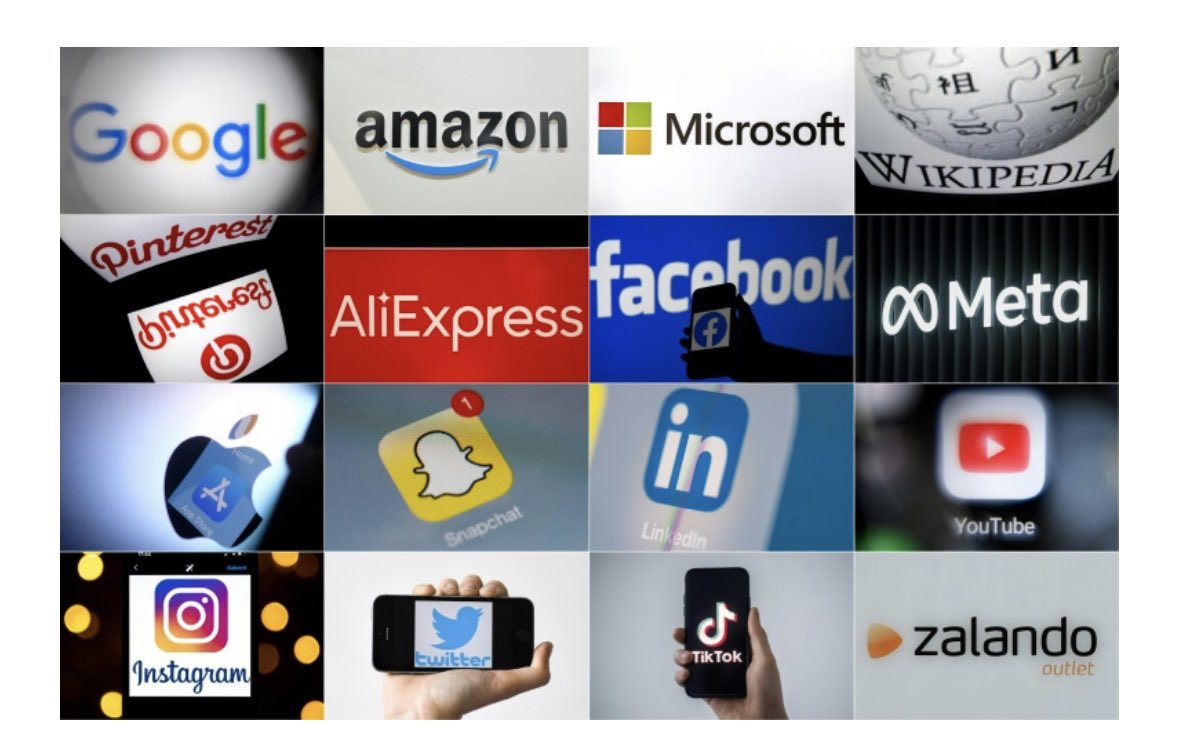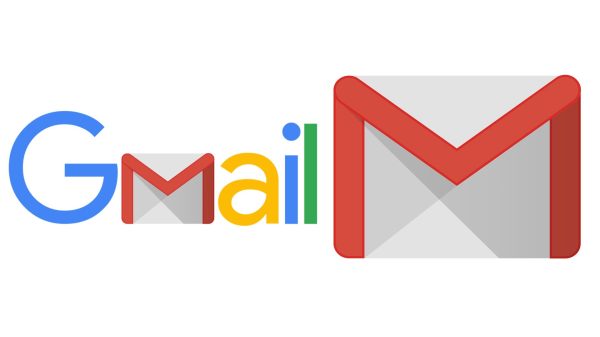The European Union (EU) has launched a Digital Services Act (DSA) and Digital Market Act (DMA) to protect online users against disinformation and hate speech.
“The Digital Services Act and Digital Markets Act aim to create a safer digital space where the fundamental rights of users are protected and to establish a level playing field for businesses,” the EU posted on its website.
The EU noted that DSA and DMA are a single set of rules that have application across the whole EU. Both acts have two main goals to achieve for the EU:
- to create a safer digital space in which the fundamental rights of all users of digital services are protected;
- to establish a level playing field to foster innovation, growth, and competitiveness, both in the European Single Market and globally.
According to Digital Journal, the far-reaching EU rules force digital firms to fall into line, a move to ensure major tech titans crack down on illegal content and keep European users safe online.
The first phase of the regulation came into enforcement on Friday, affecting 19 “very large” digital platforms including social media networks, websites and online retailers with at least 45 million monthly active users in the European Union.
The affected companies include Alibaba AliExpress, Amazon Store, Apple AppStore, Booking.com, Meta-owned Facebook and Instagram, Google’s Maps, Play, and Shopping, LinkedIn and Pinterest.
Others are Snapchat, TikTok, X (formerly Twitter), Wikipedia, YouTube and Zalando as well as Bing and Google Search.
The Act compels tech companies:
- to manage and keep safe content to protect European users against disinformation and hate speech.
- to become more transparent about their services, algorithms and how ads are targeted.
Why are the DSA and DMA necessary?
The EU explained that Digital services impact and make our lives easier in many different ways. We use them to communicate with each other, shop, order food, find information, see films and listen to music through new, constantly evolving services. Digital services have also made it easier for companies to trade across borders and access new markets.
“While there are many benefits of the digital transformation, there are also problems. A core concern is the trade and exchange of illegal goods, services and content online. Online services are also being misused by manipulative algorithmic systems to amplify the spread of disinformation and for other harmful purposes. These challenges and the way platforms address them have a significant impact on fundamental rights online.
“Despite a range of targeted, sector-specific interventions at the EU level, there were still significant gaps and legal burdens to address at the beginning of the 2020s. For example, some large platforms control important ecosystems in the digital economy. They have emerged as gatekeepers in digital markets, with the power to act as private rule-makers. These rules sometimes result in unfair conditions for businesses using these platforms and less choice for consumers.
“Therefore, the European Union has adopted a modern legal framework that ensures the safety of users online, establishes governance with the protection of fundamental rights at its forefront, and maintains a fair and open online platform environment.”












